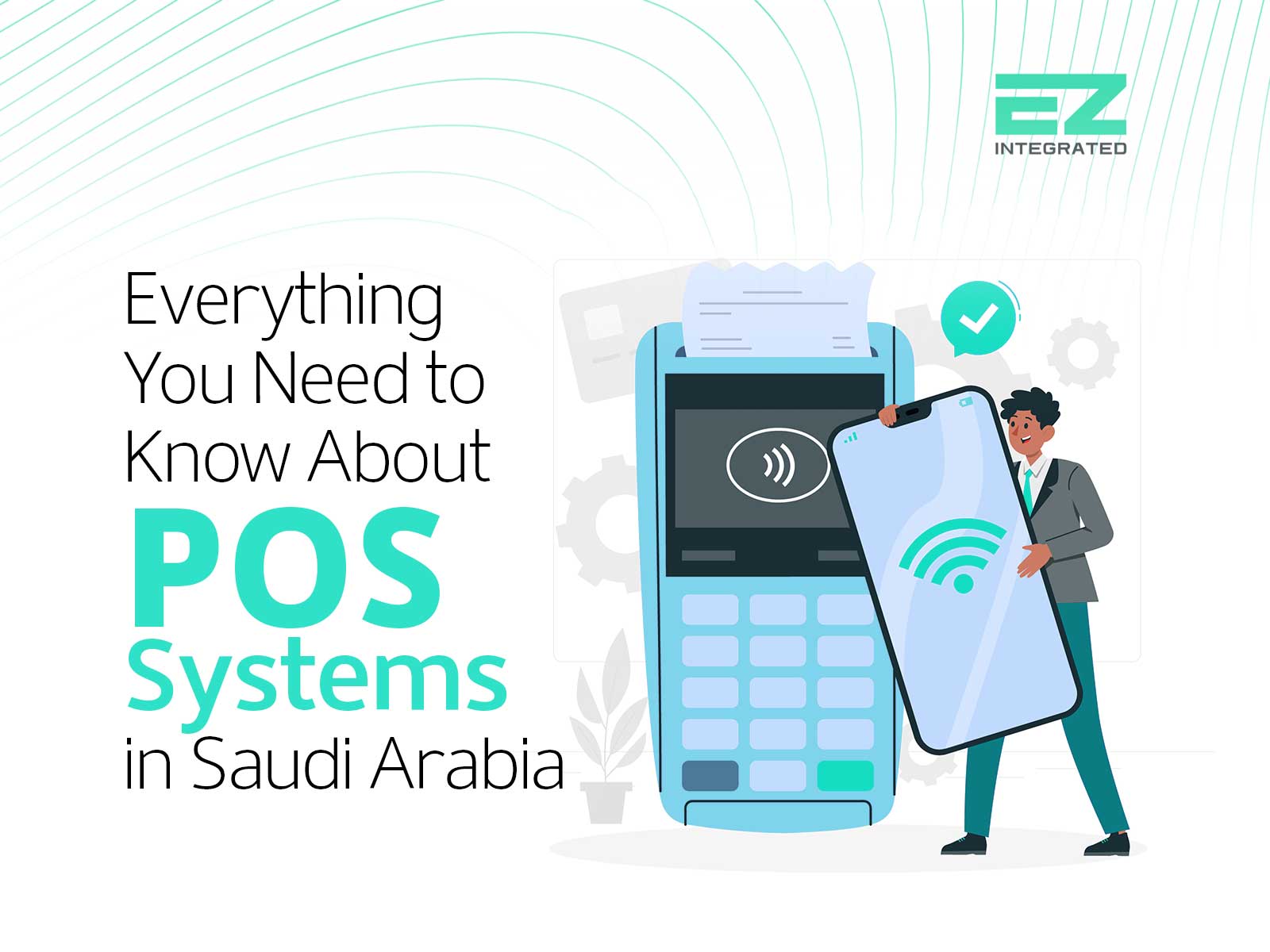POS systems have become a crucial part of the digital transformation journey for businesses in Saudi Arabia. With the expansion of e-invoicing, connecting these systems to the ZATCA “FATOORA” platform is now essential.
This article covers everything about POS systems, including how they work, their types, benefits, and how to ensure full e-invoicing compliance through proper integration.
What Are POS Systems?
POS systems are electronic tools used to process sales in stores, restaurants, and service centers. They combine hardware like scanners and printers with software to manage transactions and financial data.
They play a central role in modern sales operations, offering inventory management, sales tracking, and integration with e-invoicing systems.
How Do POS Systems Work?
The sale begins when product data is entered through barcode or manually. The system calculates the total, including taxes, and offers payment options.
After payment, the system generates an e-invoice and sends it to the accounting system or the “FATOORA” platform if integrated.
Also read: Implementation of E Invoice: A Real Journey from Store to FATOORA
Benefits of POS Systems for Saudi Businesses
POS systems provide multiple advantages that make them ideal for digital and tax-compliant sales:
- Operate offline temporarily during internet outages
- Instantly issue e-invoices to meet regulations
- Minimize errors through automated processing
- Accept various payment methods
- Offer real-time performance reports and analytics
Types of POS Systems in Saudi Arabia
There are different types of POS systems to match business needs:
- Countertop POS: Best for physical stores and restaurants
- Mobile POS: Ideal for food trucks and field sales
- Cloud POS: Stores data online and suits multi-branch businesses
- ERP-integrated POS: Designed for large businesses needing full system integration
Electronic Integration of POS Systems in Saudi Arabia
In the second phase of e-invoicing, ZATCA requires businesses to integrate POS systems with the “FATOORA” platform. This ensures real-time invoice reporting and compliance.
To meet integration standards:
- Devices must support XML or PDF/A-3 with embedded XML
- QR codes must appear on all invoices
- API connections to “FATOORA” are mandatory
- Digital signatures must be applied to all invoices
- All invoices must be stored electronically for at least 7 years
These steps are vital, especially for businesses in retail, dining, and service sectors.
Also read: Top 5 E Invoice Integration Methods with ZATCA
How EZ Integrated Supports Your POS Systems Integration
EZ Integrated is an approved provider by ZATCA. We specialize in connecting POS systems and accounting software to the “FATOORA” platform, ensuring total regulatory compliance.
Our services include:
- Assessing your current POS readiness
- Executing secure and efficient system integration
- Training your staff on the new setup
- Providing continuous technical support
If you plan to upgrade your POS systems or need to verify your e-invoicing readiness, reach out to EZ Integrated for a free consultation and tailored solutions.
